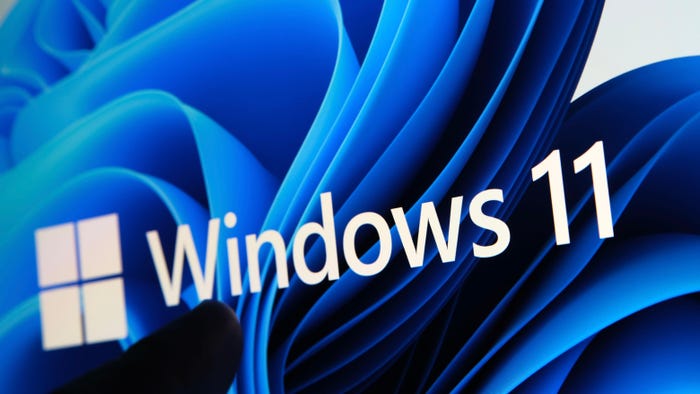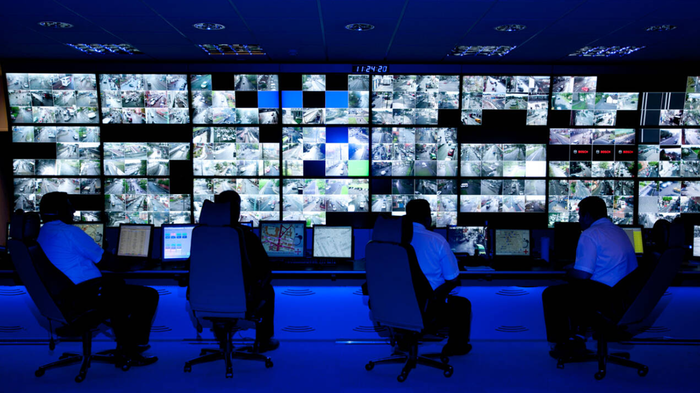Fake News: Could the Next Major Cyberattack Cause a Cyberwar?
In the way it undercuts trust, fake news is a form of cyberattack. Governments must work to stop it.

Fake news — we've all heard about it, but sometimes we struggle to grasp the extent of its impact.
With more people moving online and social media becoming the go-to news source, and with a good chunk of what is put on social media being fake, the reader must determine whether information is true or not. When people believe everything they read, the world becomes an unpredictable place.
In the past, we could easily choose which news source to follow and have a high level of confidence about its accuracy. Today, however, with news arriving to us in a social media feed, both trusted and fake news sources are merged together — and the consumer must decide whether or not to believe the news. With no clear indication of the truth or the source of news on social media, many countries, democracies, and nation-states will struggle with transparency and could become politically instable. It only takes one fake news story within a trustworthy source to devalue an entire news feed, forcing us to question what is real and what is not.
To put it bluntly, fake news is a form of cyberattack and will only grow significantly in 2018 and beyond.
Attribution, Transparency & Response
Fake information has become a major disruption to our way of life, filling our news feeds to influence our actions in an attempt to change the outcome of important decisions, including elections. Rather than focusing on the important needs of citizens — such as taxes, health, and education — many governments are now embroiled in trust and transparency challenges caused by the continuous disruption from cyberattacks. We have seen the governments in both the US and UK increasing focus and attention on recent cyber incidents with little to no transparency.
Many recent cyber incidents have involved the theft of huge amounts of personal and sensitive information that is then used to pursue and influence our nation's decision-making. Some notable cyber incidents — for example, breaches at Yahoo, Ashley Madison, and Equifax —exposed sensitive data that could be used via news feeds to trigger emotions and reactions. When a cyberattack from another nation-state tries to influence our way of life, our society, or our government, should this be considered an act of war?
Large troll factories and botnet farms are using our stolen personal information to guarantee that our news feeds are filled with fake information that attracts readers to respond and participate, creating a growing trend that encircles friends and family. This could start from a machine-controlled bot that wants you to share malicious information, influence your friends' decisions, and distrust your own government, creating divisions rather than giving you true information.
National Ownership & International Cooperation
It's clear that cyberattacks are crossing country borders and disrupting our way of life, without nation-states taking responsibility. We hear about cybercriminal groups that are behind many of the major cyber incidents in recent years, including data breaches, ransomware, or the targeting of government agencies' classified information. Companies and governments have linked these cybercriminal groups to nation-states; for example, both FireEye and Symantec have accused North Korea of being behind the WannaCry ransomware, though they haven't revealed concrete evidence and North Korea has denied involvement. Without clear cooperation and transparency, this problem will grow with into increasing numbers of cyberattacks on critical infrastructure, political affiliations, financial institutions, and communications.
To prevent a major catastrophe from occurring, governments and nation-states need to work together on cyber attribution with full cooperation and transparency that holds each other responsible for the actions of criminal organizations operating from within their borders. At the recent World Economic Forum, it was announced that a new Global Centre for Cybersecurity will be launched. This should focus on establishing cooperation between governments so that attribution is possible in the future; if a cybercrime has been committed, the governments involved should work together, similar to the way Interpol works today. It is equally important that governments do not provide a safe haven for cybercriminals to carry out such attacks, especially when they are doing it for financial and political gains with and extreme aggression.
It is time for governments to act and protect democracy and our way of life.
Related Content:

Black Hat Asia returns to Singapore with hands-on technical Trainings, cutting-edge Briefings, Arsenal open-source tool demonstrations, top-tier solutions and service providers in the Business Hall. Click for information on the conference and to register.
About the Author
You May Also Like
Catch the Threat Before it Catches you: Proactive Ransomware Defense
September 5, 2024How to Evaluate Hybrid-Cloud Network Policies and Enhance Security
September 18, 2024DORA and PCI DSS 4.0: Scale Your Mainframe Security Strategy Among Evolving Regulations
September 26, 2024Harnessing the Power of Automation to Boost Enterprise Cybersecurity
October 3, 2024
[Virtual Event] The Essential Guide to Cloud Management
October 17, 2024Black Hat Europe - December 9-12 - Learn More
December 10, 2024SecTor - Canada's IT Security Conference Oct 22-24 - Learn More
October 22, 2024



_Tero_Vesalainen_Alamy.jpg?width=700&auto=webp&quality=80&disable=upscale)
